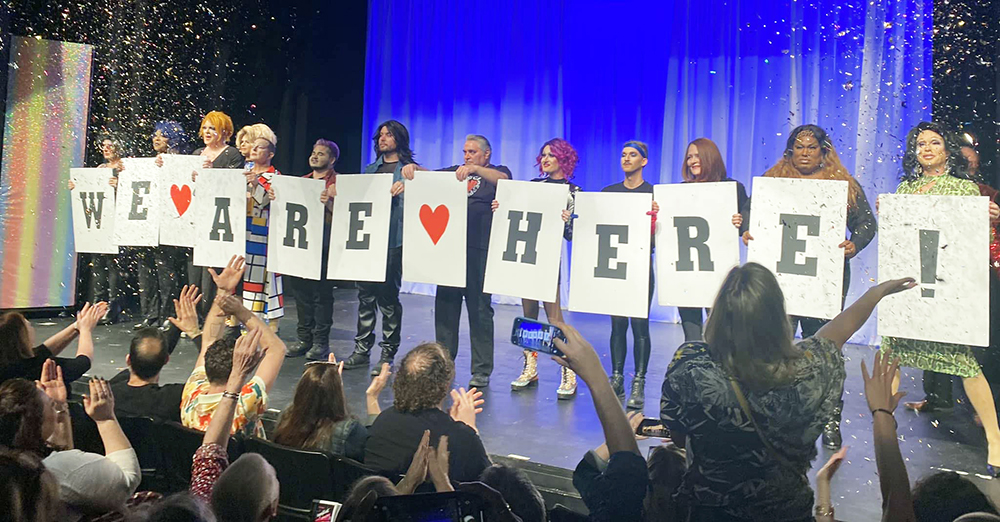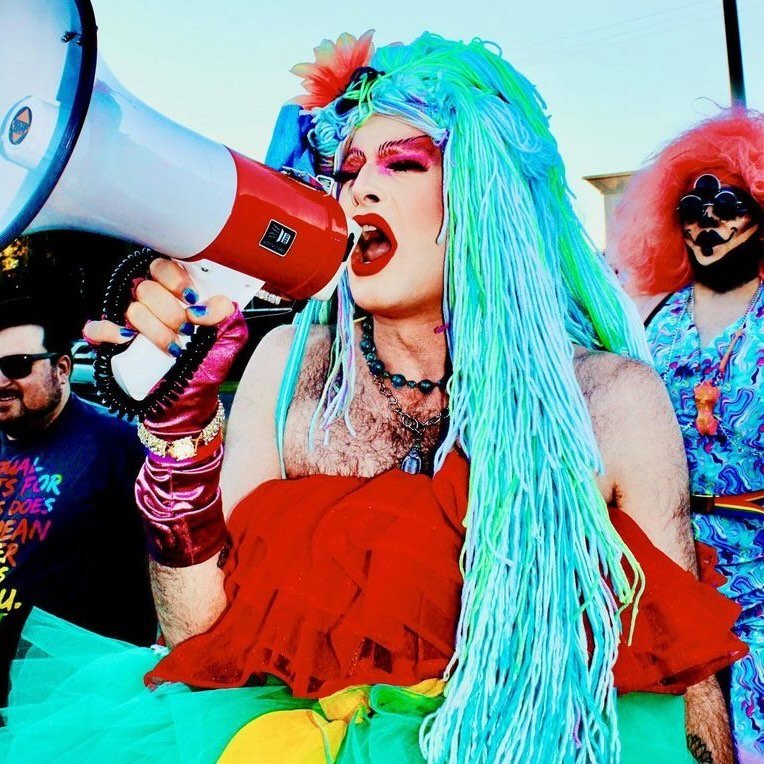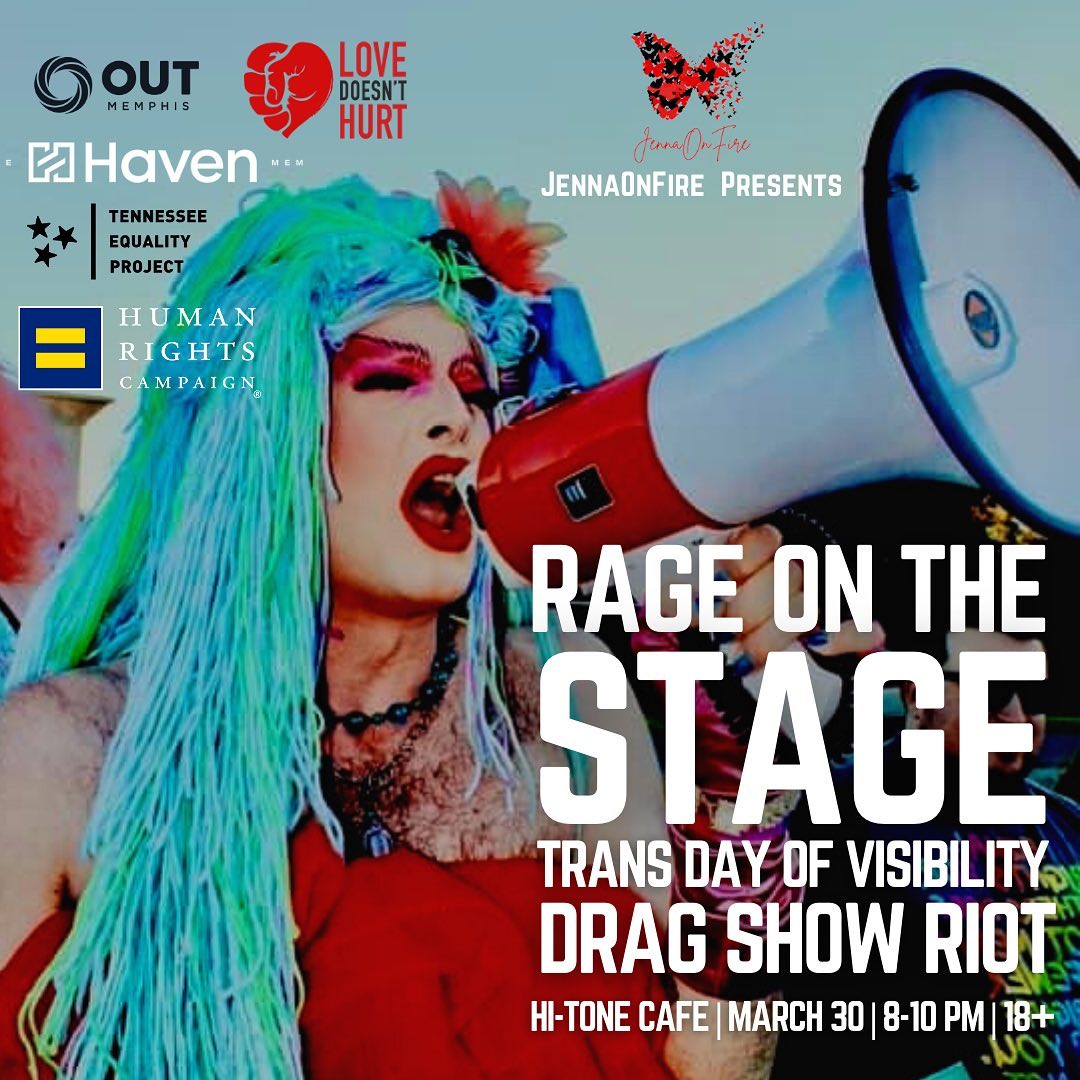Under Republican Gov. Bill Lee and supermajority GOP control, Tennessee is tied up in a wide range of legal battles, some on hot-button social questions and others that are reshaping the state’s relationship with local governments, mainly Metro Nashville.
In his fifth year as governor, Lee is no stranger to lawsuits and considers the sprawling list of cases the cost of doing business.
“It’s what happens in government,” Lee says. “You pass laws, sometimes they’re challenged, sometimes they’re upheld. It’s kind of par for the course for what happens in government. That’s what happens in Tennessee as well.”
The Legislature’s critics, mainly Democrats, point out, though, the governor and the Legislature have a tendency to “pass lawsuits” instead of bills.
It’s what happens in government. You pass laws, sometimes they’re challenged, sometimes they’re upheld. It’s kind of par for the course for what happens in government. That’s what happens in Tennessee as well.
– Gov. Bill Lee
State Sen. London Lamar, chair of the Senate Democratic Caucus, sees a trend with the governor and Legislature and notes even when supermajority Republicans are aware of constitutional questions surrounding a bill, they push the measure knowing it is likely to fail in court.
“This is a waste of taxpayer money in efforts to score political points,” the Memphis Democrat says.
The Legislature is accustomed to paying the cost of legal battles, even though it rarely, if ever, debates the matter on the House or Senate floor. The General Assembly put $7 million in the Attorney General’s Office budget two years ago for special litigation and continues to circle the wagons each year, injecting $4.3 million for special litigation into the fiscal 2024 budget, up from $290,000 just a few years ago.
In the most recent ruling to go awry for the state, U.S. District Court Judge Thomas Parker overturned a ban on drag shows held on public property and in front of minors, finding the law to be overly broad and unconstitutional. Lee distanced himself from the matter this week, saying he doesn’t plan to discuss the outcome with Attorney General Jonathan Skrmetti, while also saying he would have to consult with the state’s top attorney on how district attorneys general statewide might enforce the law.
State government vs. local government
That court decision came on the heels of a ruling by a three-judge panel that temporarily blocked a law cutting the Metro Council to 20 from 40 members. The Legislature set up the judicial panels in the previous session to handle constitutional challenges and redistricting questions, mainly in an effort to remove legal matters from Davidson County judges considered too liberal for a conservative-minded General Assembly. Judges from all three grand divisions of the state are appointed to hear those cases.
A decision also is pending in two lawsuits filed against the state over a law reducing the number of votes needed by the Metro Council to make changes to the Metro Fairgrounds. Lawmakers passed the measure leading up to a vote by Metro on plans by Bristol Motor Speedway to build a 30,000-seat NASCAR track. Metro Council members Colby Sledge, Bob Mendes and Sandra Sepulveda filed their lawsuit after the Metro Legal Department staked its own claim, seeking to enjoin the law based on a violation of the state’s Home Rule provision, which is supposed to stop lawmakers from targeting single cities.
The Metro Legal Department also is considering filing suit against the state over two other laws directly affecting the way Metro works. Both give the state appointments to Metro airport and sports authorities.
The laws aimed at Metro Nashville are believed to stem from the council’s refusal to sign a contract to lure the Republican National Convention to Nashville in 2024.
Trial also is pending in a legal challenge of the Legislature’s 2022 redistricting maps, going after both the Senate and House designs. Plaintiffs argue the Senate maps violate the state Constitution because the Davidson County districts aren’t numbered consecutively. The state contends the litigant, Francie Hunt, doesn’t have the legal standing to file suit because she can’t prove “actual injury.”
The lawsuit attacks the House plan by claiming controlling Republicans should have drawn maps that split less than 30 counties, the upper end allowed by federal law.
Families of transgender kids take on the state
In yet another culture war, the families of transgender children and the federal government sued the state, challenging a new law banning gender-affirming care for transgender youth. The measure was the first bill filed for this year’s session after video surfaced of a Nashville doctor saying those procedures are “huge money makers.” Lawmakers hammered Vanderbilt University Medical Center last year for its transgender care.
The new law prohibits physicians from prescribing puberty blockers or hormones and performing other gender-affirming procedures for minors. Previously, state law blocked gender-affirming treatment for prepubescent children.
The state, however, has a weak record on transgender-related bills. In 2022, a federal judge overturned a state law requiring businesses to post a government-prescribed sign if they allow transgender people to use their restrooms.
Courts also rejected a voter registration law in 2020 designed to stop groups from turning in large numbers of applications that weren’t filled out properly.
And in a strange twist, Attorney General Jonathan Skrmetti reached an agreement with a California group that sued the state over its permit-less carry law, allowing the measure to apply to 18- to 20-year-olds, not just those 21 and up. Gov. Lee and several key lawmakers support keeping the age limit at 21.
One of the few legal victories for the state came when the Tennessee Supreme Court found Gov. Lee’s education savings account program to be constitutional in 2022 after a three-year fight, overruling two lower courts.
The state’s highest court didn’t rule on whether the provision, which affected only Davidson and Shelby county school districts at the time, violated the Home Rule provision, which requires a referendum or vote by a local governing body to approve a state law.
Instead, a majority of the five-member court agreed with the state’s argument that the act didn’t apply to the plaintiffs, Davidson and Shelby, because it governed only the local school districts.
In fact, the state is making a practice of claiming plaintiffs in lawsuits against Tennessee don’t have standing to sue.
Besides taking that stance in the voucher and redistricting cases, state attorneys argued the Memphis group, Friends of George’s, didn’t have standing to challenge the state’s drag show law because its shows weren’t risque enough to violate the state’s standards for minors, according to the Tennessee Journal.
(Republicans’) motto is to legislate through lawsuits. And it shows that they’re out of touch with the people and reality because the supermajority allows them to make laws regardless of any conversation or compromise. They just do it because they can.
– Rep. Vincent Dixie, D-Nashville
State Rep. Vincent Dixie contends the Legislature puts the Attorney General’s Office in difficult situations.
“Their motto is to legislate through lawsuits. And it shows that they’re out of touch with the people and reality because the supermajority allows them to make laws regardless of any conversation or compromise. They just do it because they can,” says Dixie, a Nashville Democrat.
The court system offers the only “checks and balances,” Dixie says.
Meanwhile, the Tennessee Justice Center is pursuing a legal challenge of the state’s TennCare waiver, a “modified block grant” using shared savings with the federal government to fund the state’s Medicaid program for the poor and elderly. The case is on hold as the federal Centers for Medicare and Medicaid Services, which is the defendant in the case, reviews revisions the state submitted last August and will decide whether to reaffirm approval or disallow parts of the program.
Former President Donald Trump’s administration approved the waiver just days before he left office in 2021.
Tennessee Lookout is part of States Newsroom, a network of news bureaus supported by grants and a coalition of donors as a 501c(3) public charity. Tennessee Lookout maintains editorial independence. Contact Editor Holly McCall for questions: info@tennesseelookout.com. Follow Tennessee Lookout on Facebook and Twitter.






